AARP Hearing Center


Twenty-seven
Duncan
WHEN HE SAW the postcard of Big Ben by his plate, his first thought was: She found me. Somehow his first mother had known about his search and written to him. But on the other side was the neat printing he had last seen in the window of the newsagents.
“I didn’t know you knew people in London,” Zoe said.
She was at the sink, rinsing a glass. From the slant of her neck, the curve of her lips, he knew his sister had found what she was looking for. She had begun to treat her family with careless kindness. Then, as she filled the glass with water, he revised his thought: not what, whom. Only another person could have changed her so much. He pictured Europa riding Zeus. Don’t let him carry you away, he begged.
“Gordon’s coming back,” he said. “He wants to visit Lily.”
“That’s nice,” she said vaguely.
As he set the postcard on his bookshelf, he thought about London, the city where it had been purchased and written and posted and where, perhaps, his first mother still lived. He’d been there half a dozen times, most recently when Mr. Griffin had taken a group of them to the National Gallery and led them through five centuries of art at breakneck speed, holding forth in front of his favorite paintings—A Satyr Mourning over a Nymph by Cosimo, The Ambassadors by Holbein, Whistlejacket by Stubbs, Saint George and the Dragon by Uccello, The Arnolfini Portrait by Van Eyck—chivvying them past the bad ones. When they came out of the gallery, a band was playing gospel music in Trafalgar Square. Perhaps, Duncan thought now, his first mother had been there that day, dancing in the crowds.
He studied his portrait of Lily. He had tried first painting her on a solid ground, like Whistlejacket, Stubbs’s famous horse, but that had made her look monolithic and, oddly, bad-tempered. Situating her in the garden seemed too random. Most recently he had painted her seated on the rug in front of the living-room fire. Granny’s father had brought the rug home from India, and Duncan had spent hours lying there, reading. The soft greens and blues, with the occasional flashes of red and yellow, reminded him of the mermaids’ garden beneath the sea. He set the picture on his easel and laid out his paints. Despite strenuous pleading, he was still confined to acrylics. All the paintings I love, he had told his parents, are made with oils. His mother argued that they were messy and expensive; his father, that the fumes shrank your brain. You’re thinking of turpentine, Duncan had said. People use paint thinner now. They had promised him a set of oil paints for his next birthday.
As he flecked colors into the rug, trying to create the complicated greenness, he wondered if this was another mistake. Would Lily appear to be floating on a magic carpet? What if he made the rug a single dark color: crimson? forest green? Then she would be sinking rather than floating. He thought again of Morandi’s bottles. Perhaps what he needed was some additional element that interrupted the rug: a corner of the fireplace? a chair?
He went downstairs and studied the chairs at the kitchen table, plain wood with slightly curved legs, and in the parlor, straight legs with decorative knobs. He sketched both, shading them carefully with little pencil strokes. He had never noticed before that chairs, like people, have arms and legs.
***
TWO NIGHTS LATER HE WOKE with his hand in the knife drawer, and knew it was time to act. The next morning he waylaid his mother in the hall and asked for his first mother’s name. “I’ve spoken to Matthew and Zoe,” he said. “They understand.” He stood waiting, pen and paper in hand, for the magical words.
But she was still moving toward the umbrella rack. “Duncan, I’m already late. Can we talk this evening?”
Before he could respond, she had chosen an umbrella and was gone. He felt a spark of anger—why hadn’t she stopped to tell him?—and took refuge in a cherished image: a shimmering pyramid of eggs in a market in Bayonne. He remembered standing, watching the pyramid slowly dwindle as customers came and went. Maybe, when he finished painting Lily, he would attempt the eggs; he could imagine Morandi painting them. That evening he was sketching the legs of a chair in the lower corner of the canvas when there was a knock at his door.
“You’ve captured Lily perfectly,” his mother said.
“It’s for Gordon, her former human.”































.jpg?crop=true&anchor=13,195&q=80&color=ffffffff&u=lywnjt&w=2008&h=1154)



























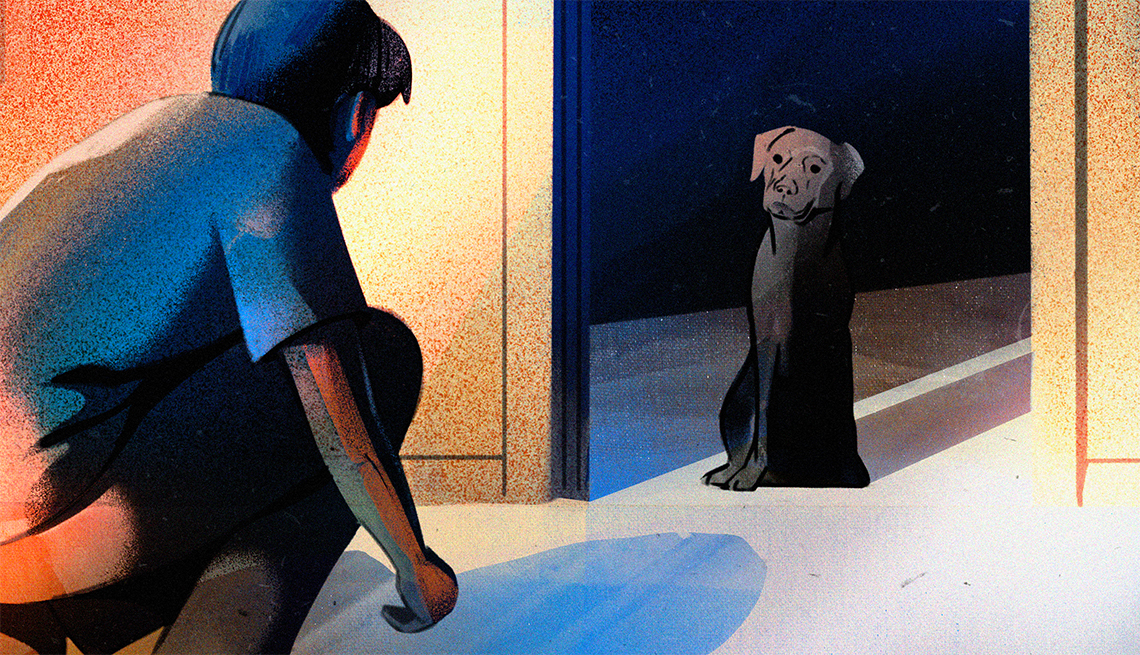
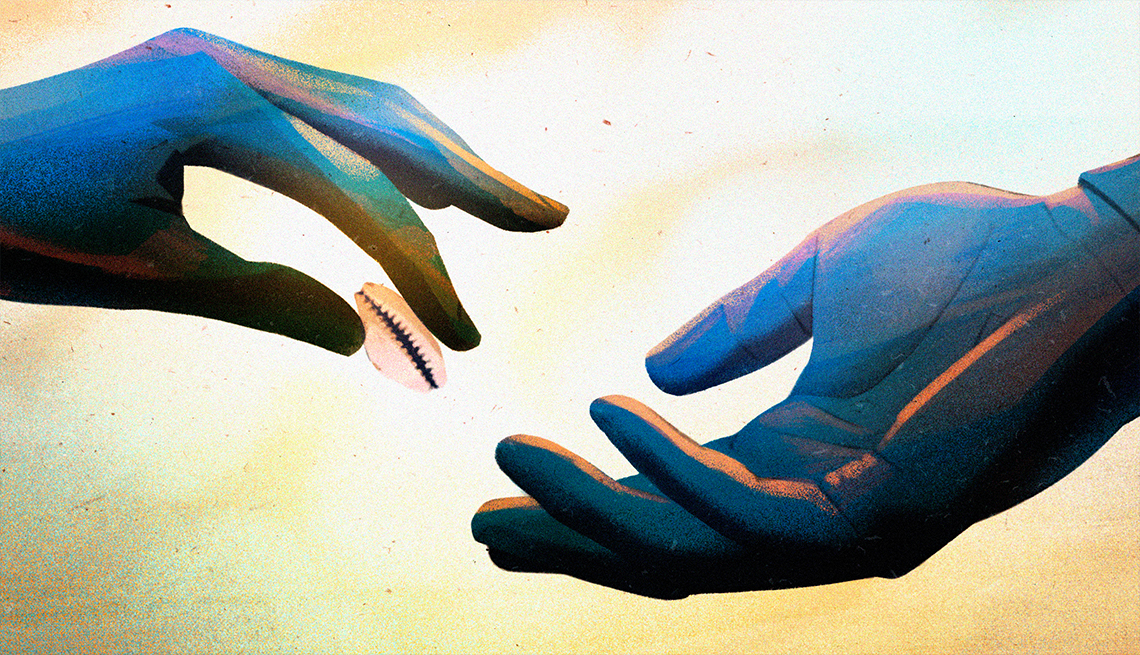
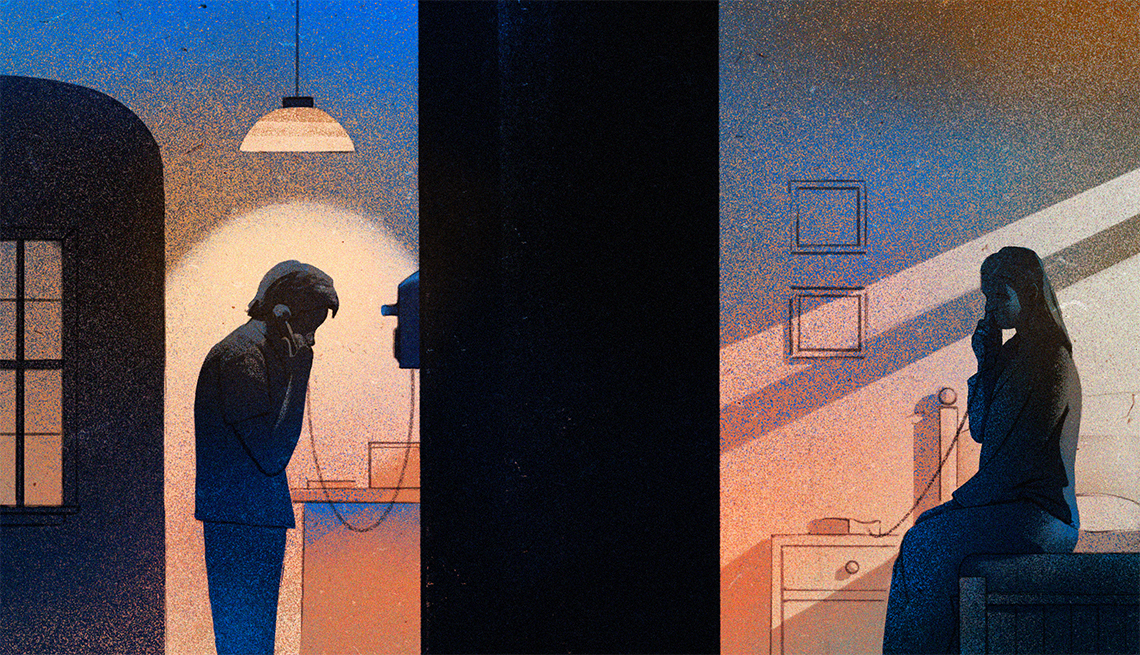
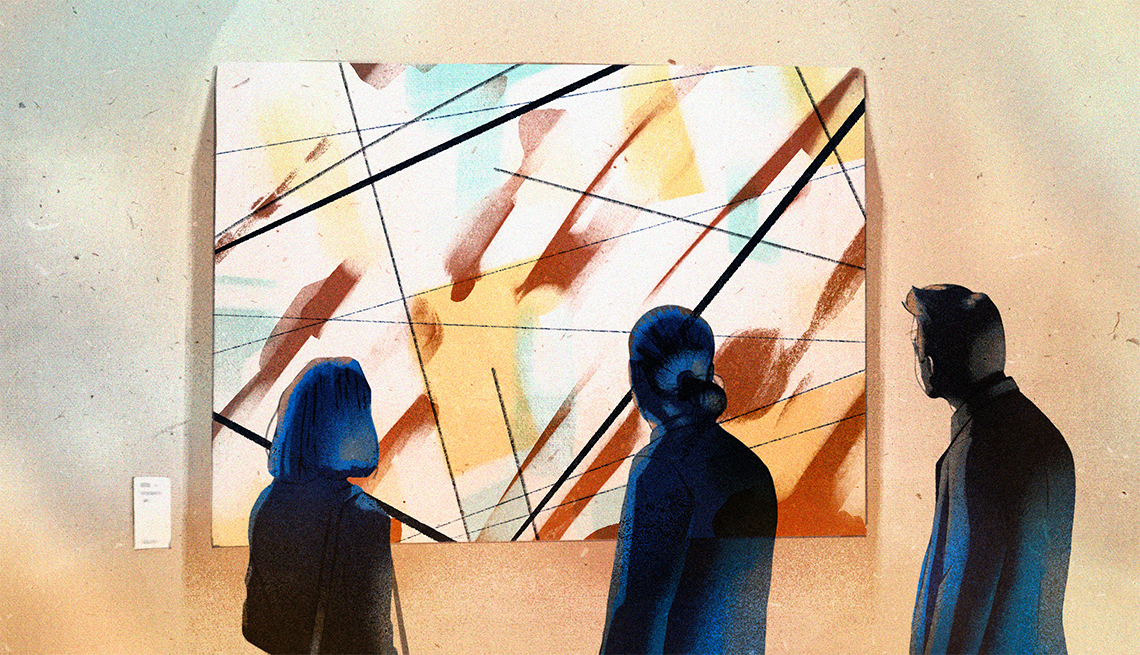
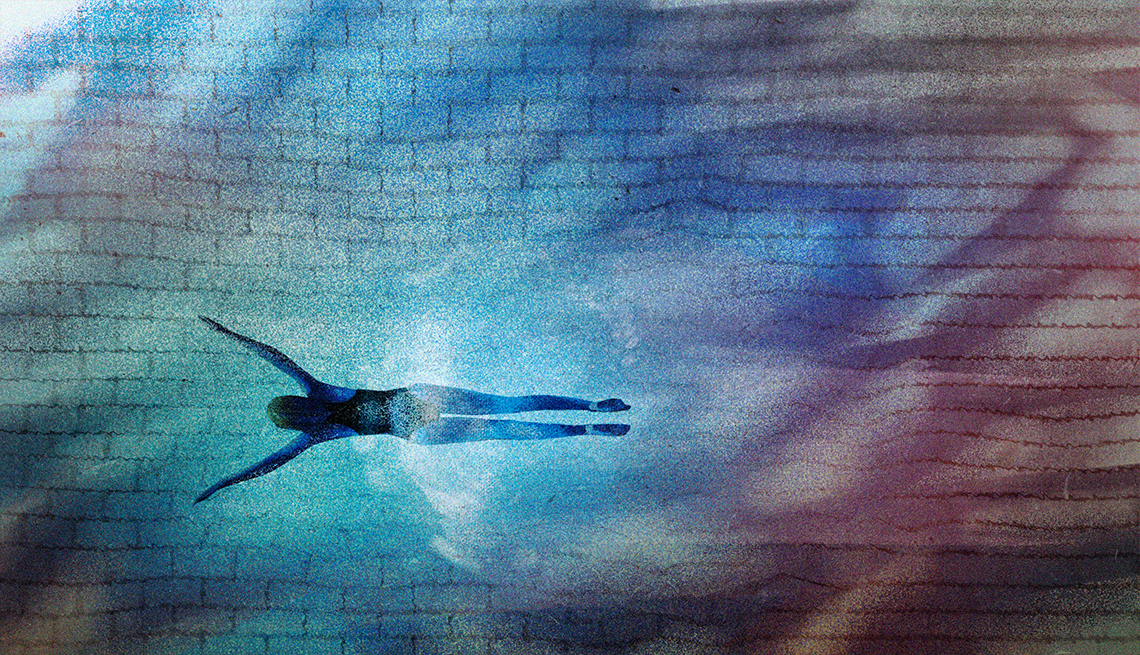
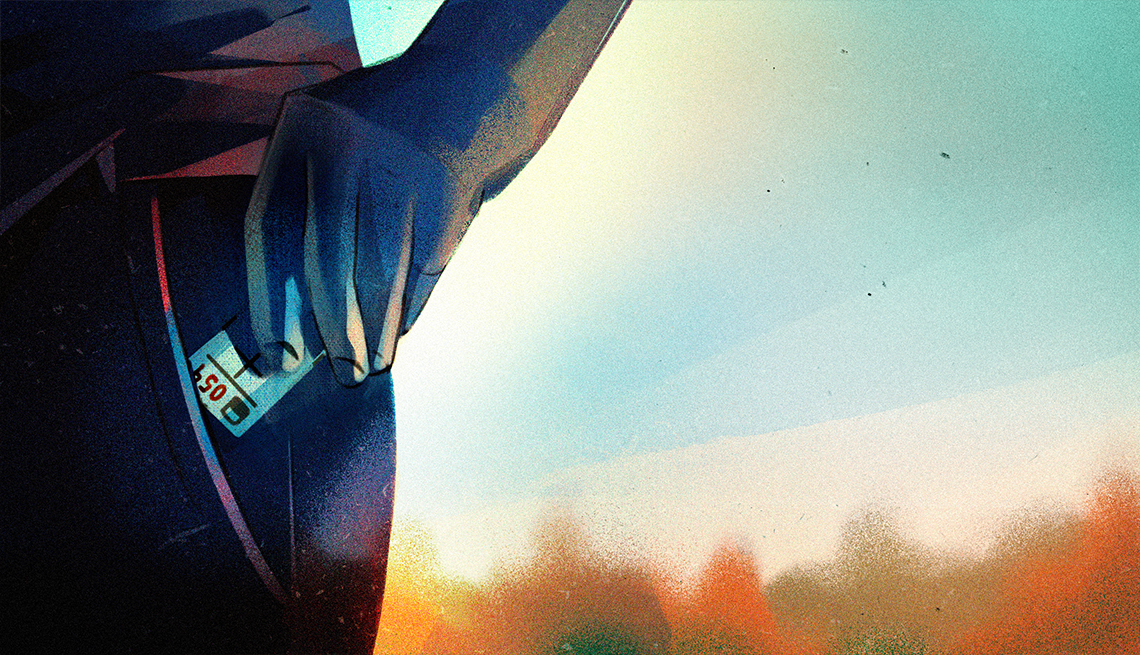

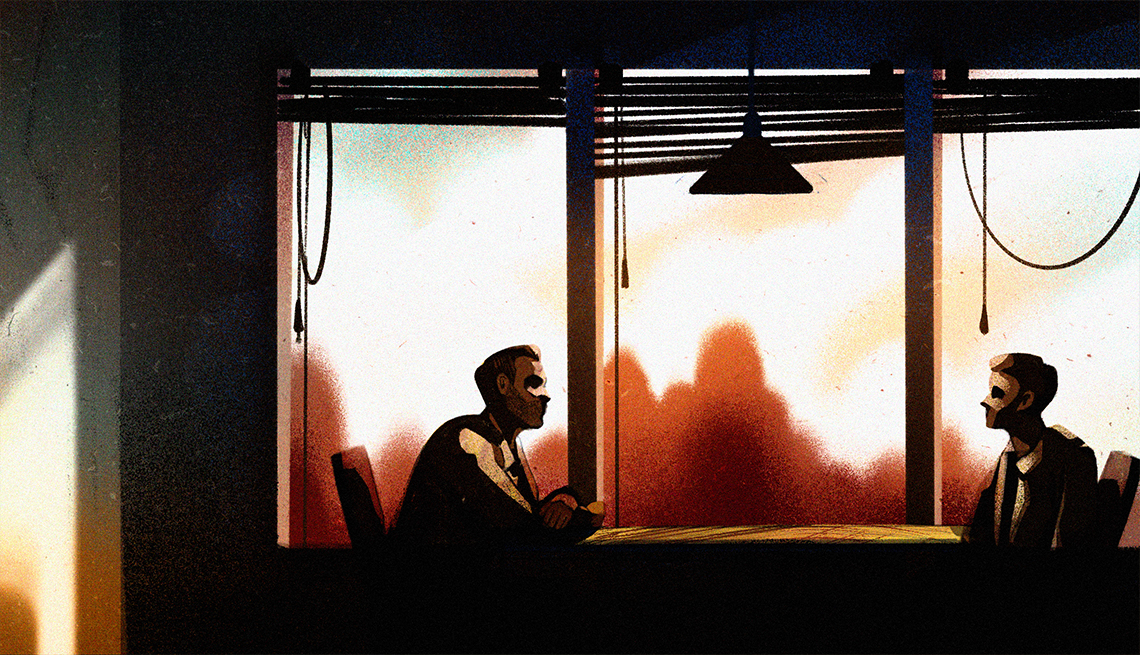
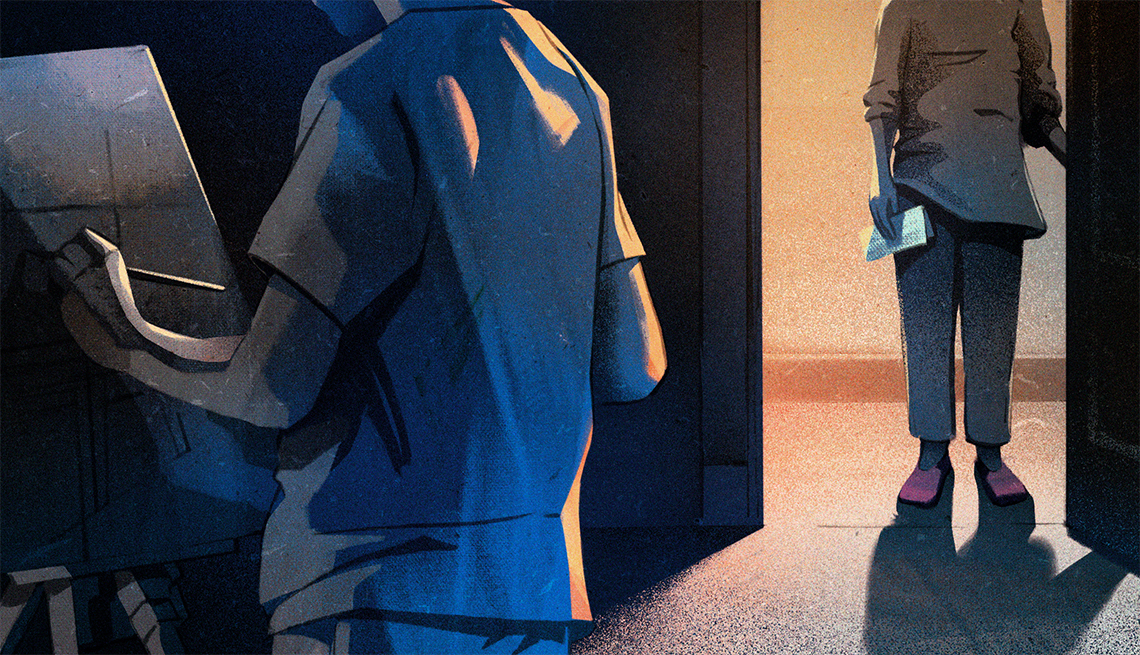
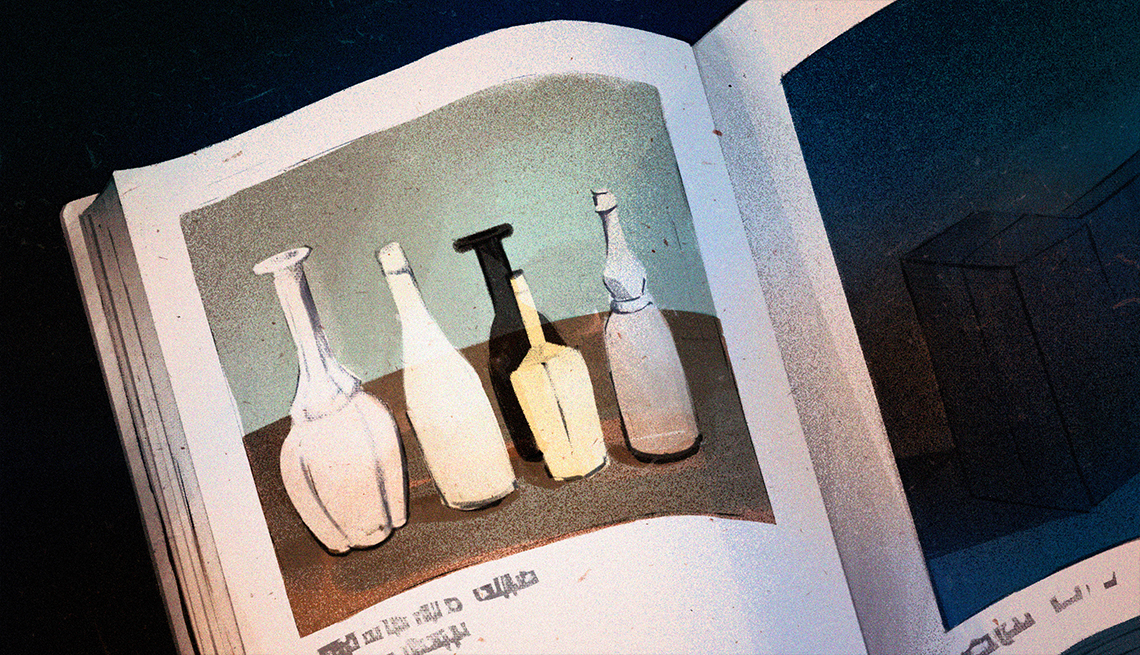
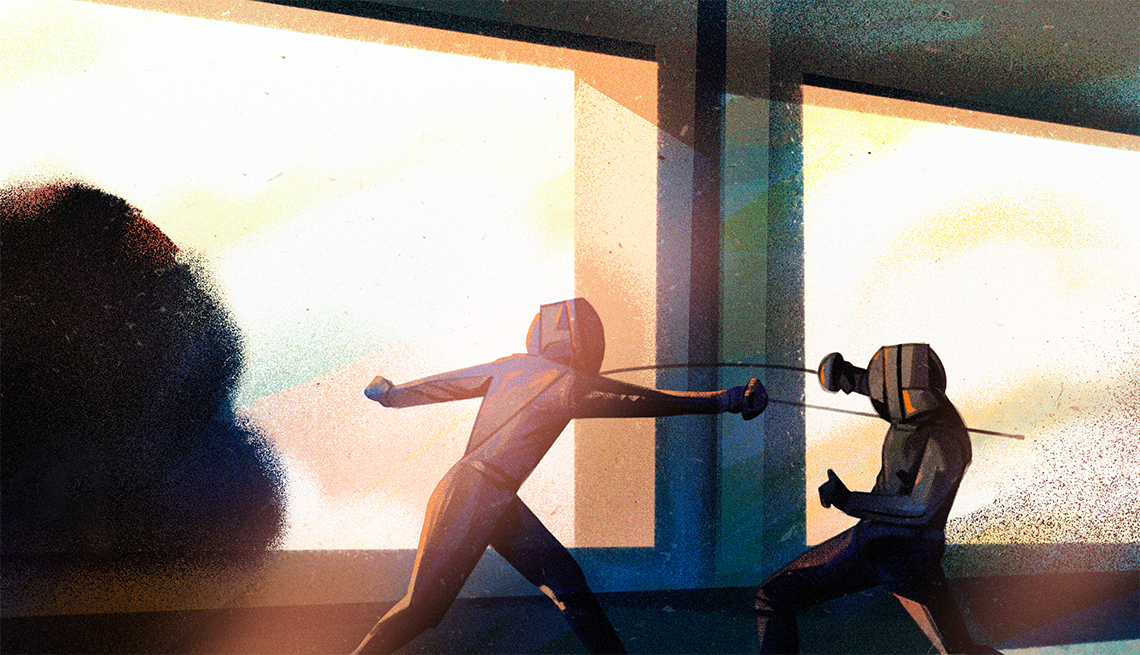
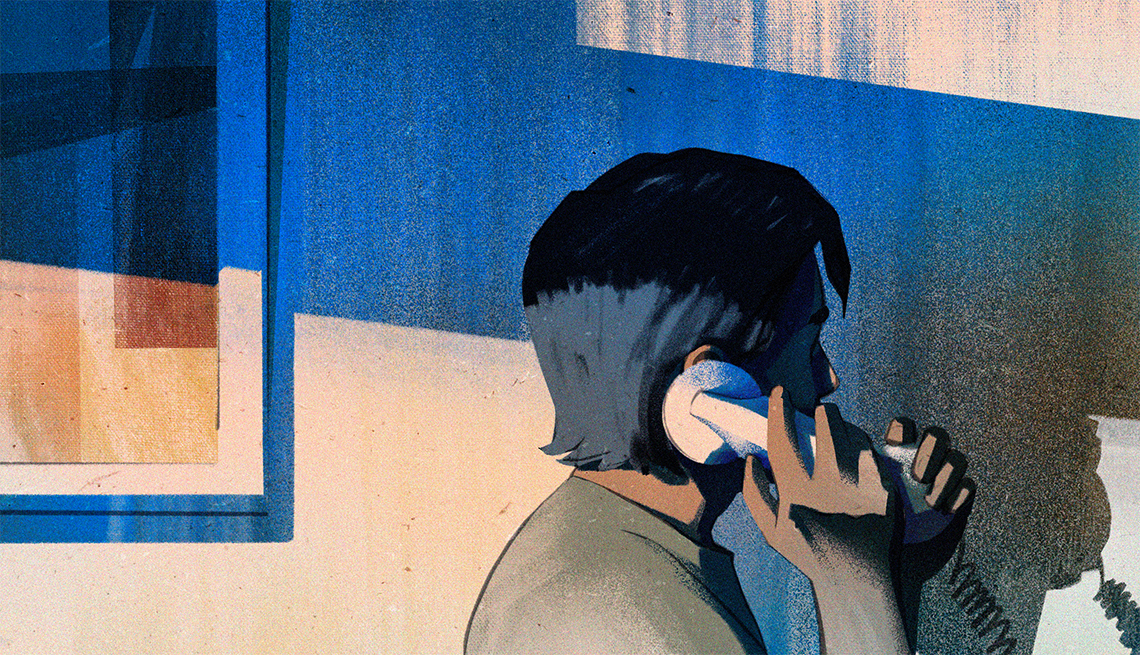
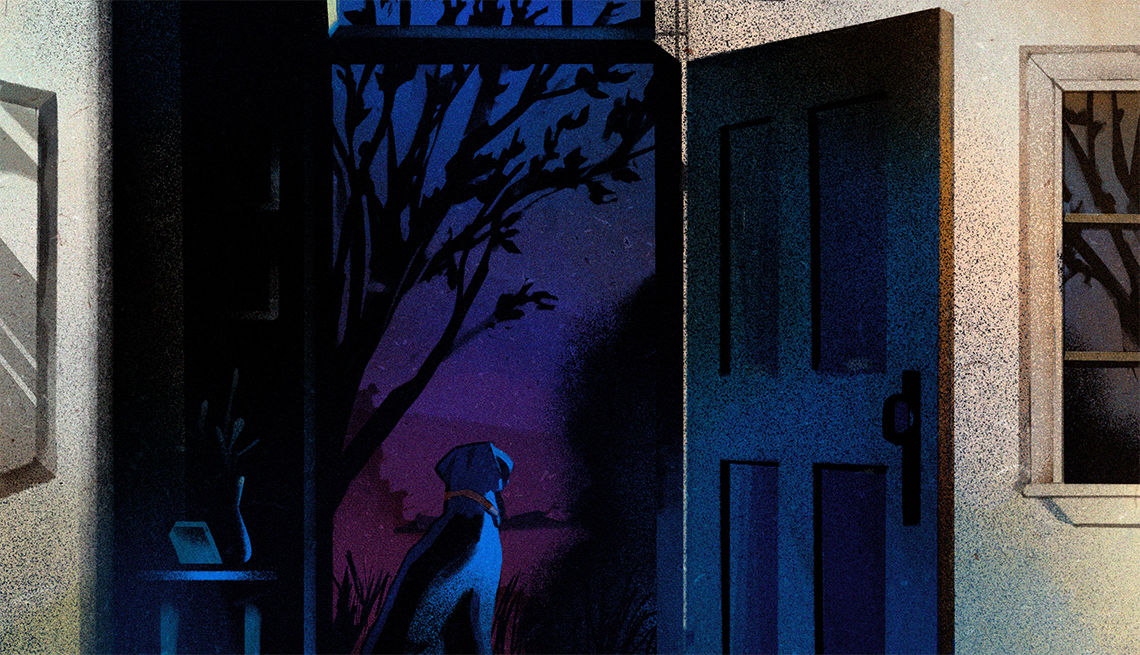
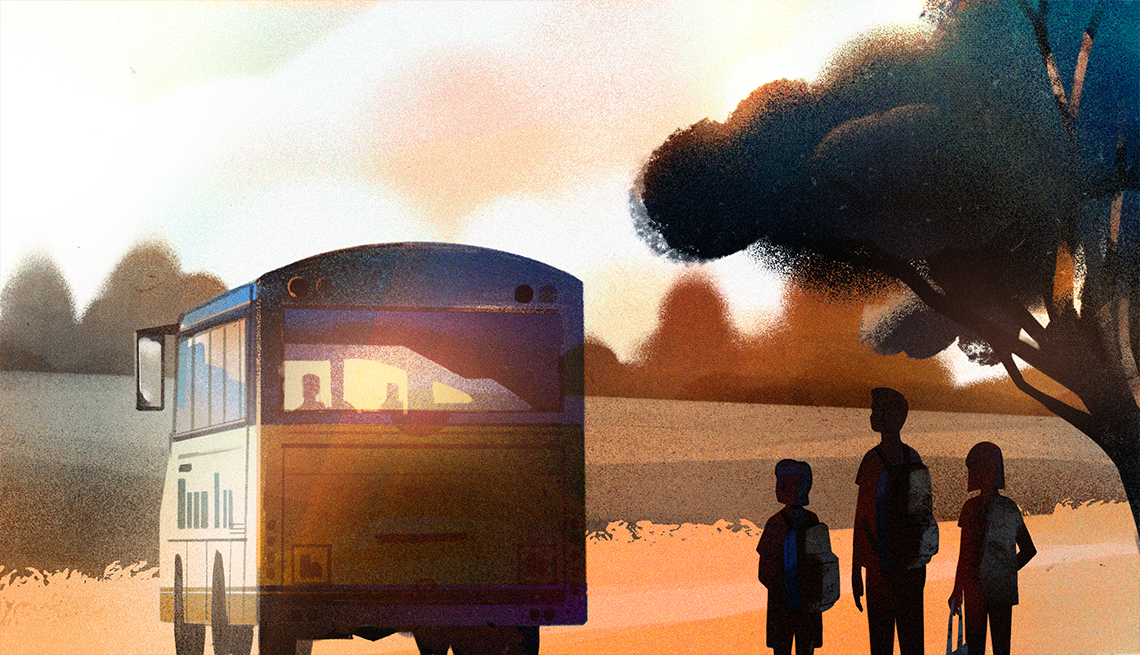
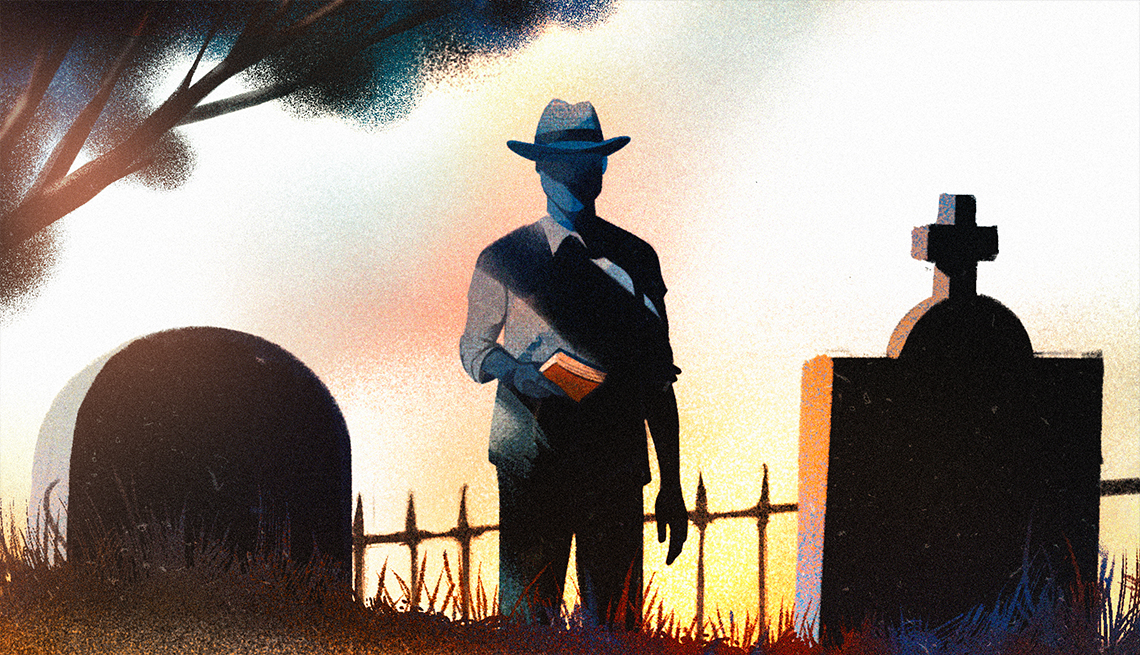
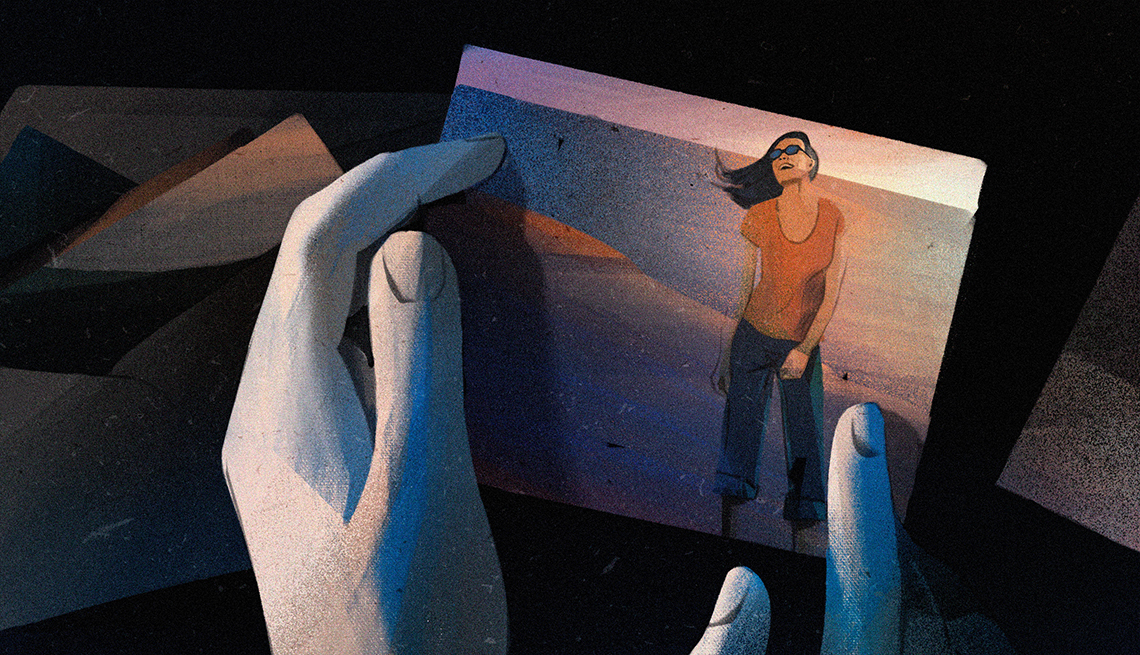
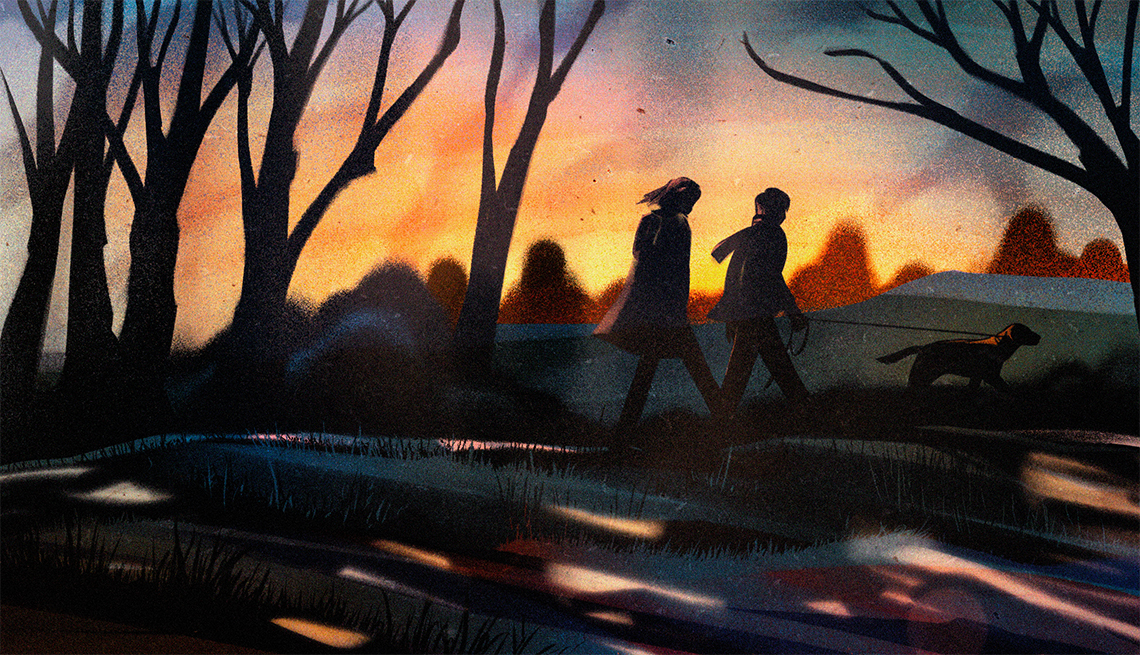
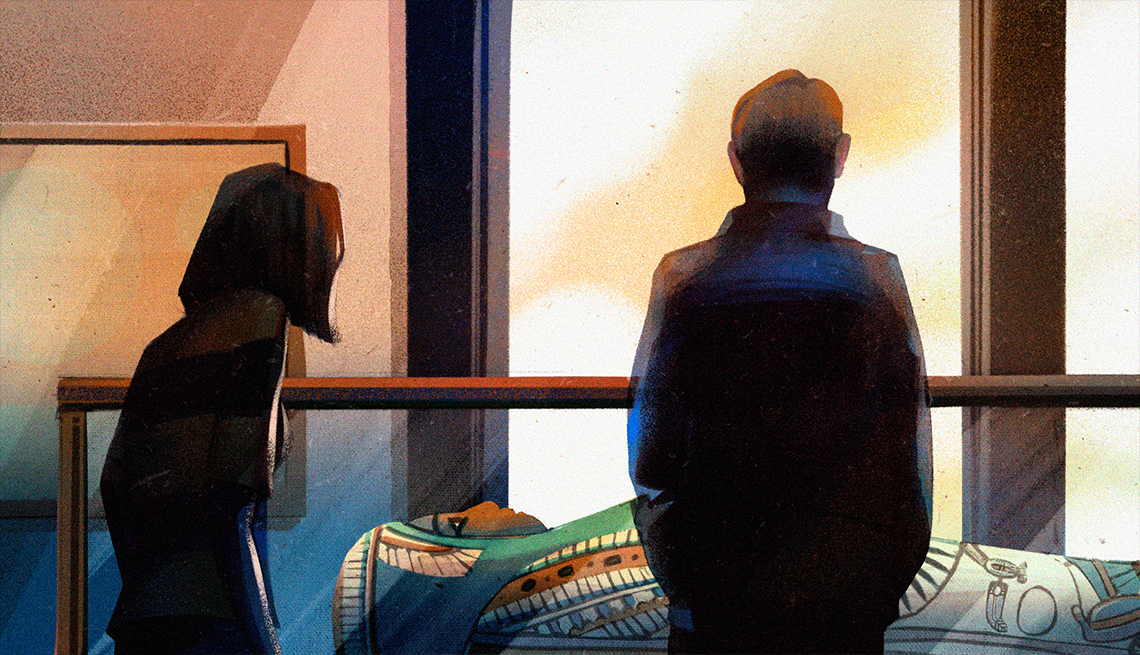
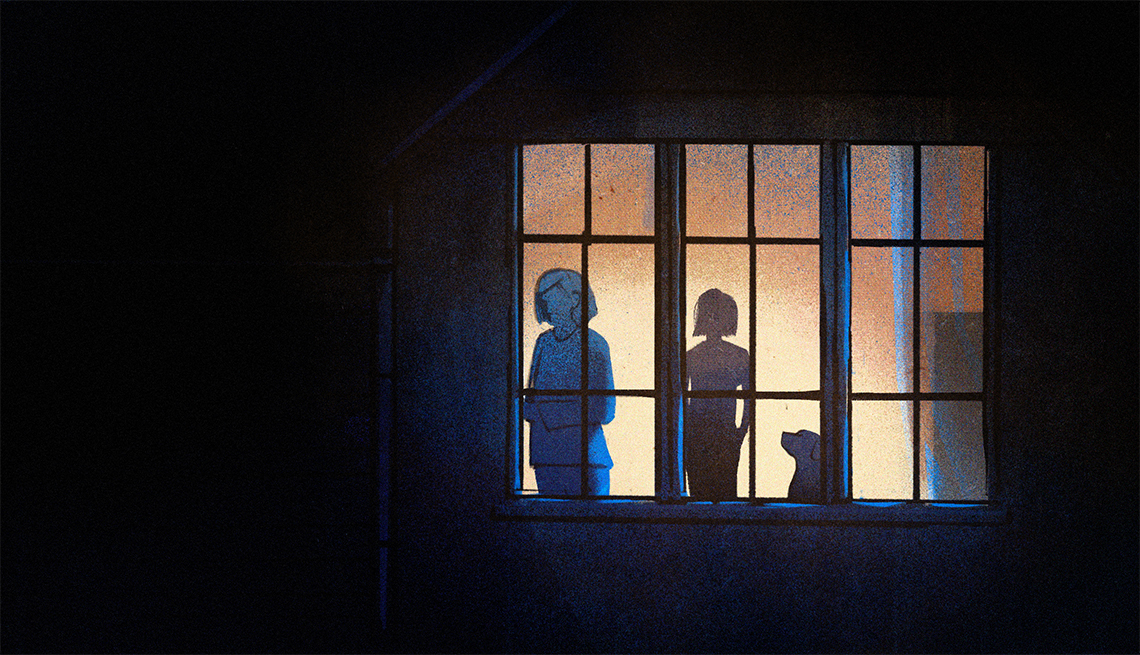
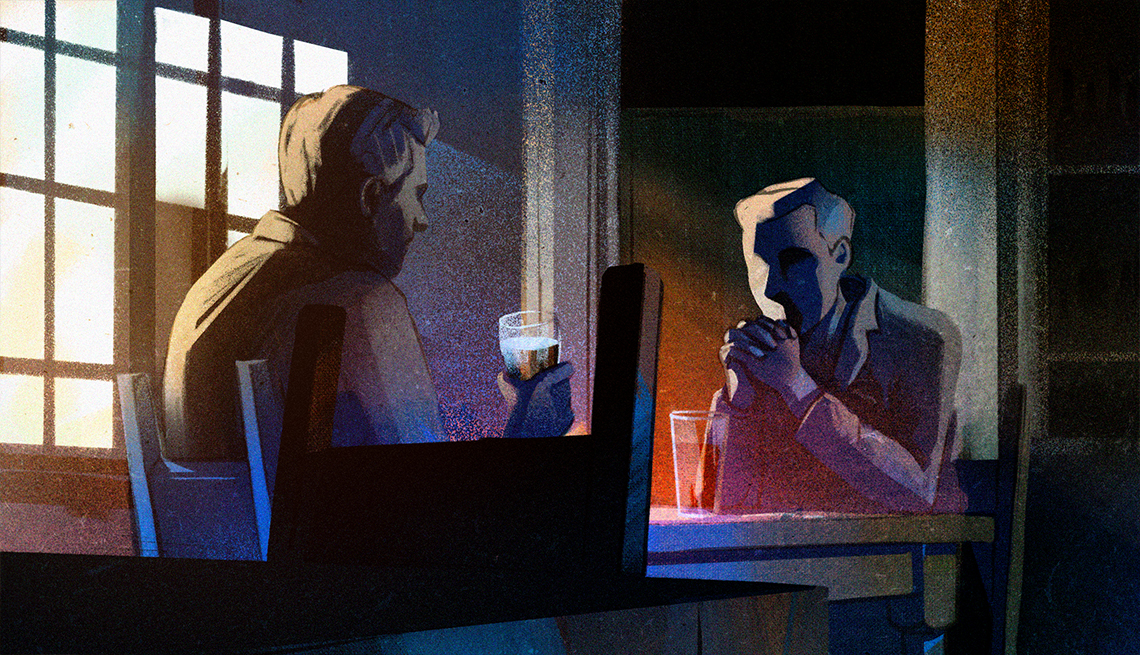



More From AARP
Free Books Online for Your Reading Pleasure
Gripping mysteries and other novels by popular authors available in their entirety for AARP members